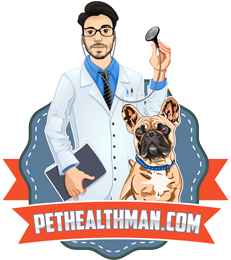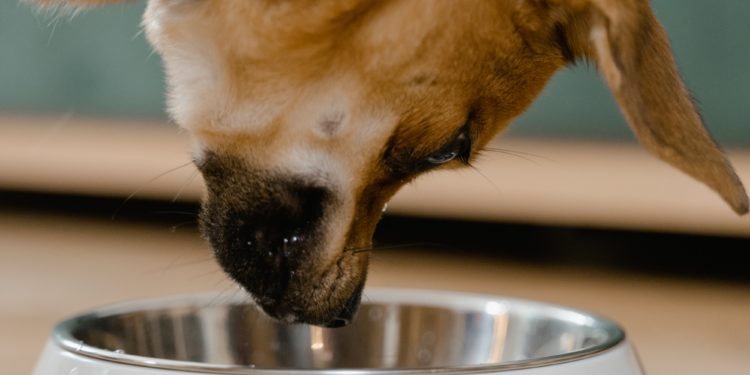Raw Diet For Dogs
There is rising interests and popularity in raw dog food diets. Many of which emphasize raw meat, bones, fruits, and vegetables can be controversial. However, many pet owners are finding enough compelling reasons to move away from processed dog foods and start feeding their dogs a raw diet. Supporters tout the fact that domesticated dogs have been living and thriving on raw diets for many generations and grain based commercially processed pet foods is a relatively new concept.
While it may be hard to find mainstream veterinarians to agree and support a raw diet, there are many who claim the potential benefits to a raw diet which include:
- Cleaner teeth
- Healthier skin & Shinier coats
- Higher energy levels
- Smaller stools
Raw dog food recipes can be found online and through commercially processed suppliers. For pet owners who want to avoid commercial food, it is recommended that you consult with your veterinarian along with a nutritionist to develop a healthy diet suitable for your pet.
All of your dog’s energy requirements come from just three sources: protein, fat and carbohydrate. These macronutrients are the only source of calories (energy) for your dog. A raw dog food diet typically consists of:
-
- Muscle meat, often still on the bone
- Bones, either whole or ground
- Organ meats such as livers and kidneys
- Raw eggs Vegetables like broccoli, spinach, and celery
- Apples or other fruit
- Some dairy
Raw Dog Food Concerns
Many of the concerns when it comes to raw dog food diets surround bacterial contamination, and nutritional deficiencies or excesses that could cause serious health problems in the long term. The Centers for Disease Control and Prevention (CDC), the Center for Veterinary Medicine (CVM), and the US Food and Drug Administration (FDA) stand united in their position (based on very robust data) that feeding raw food to dogs is potentially dangerous to both the dog and to you.
Even veterinarians who support raw dog food diets say that they’re not appropriate for all dogs. Because the diets are typically high in protein, they aren’t appropriate for dogs with kidney or liver failure.
It is recommended that you consult your veterinarian before making dietary changes as many dog owners are choosing raw diets based on solely online myths and scare tactics about commercial pet food. A study conducted from 2011 through 2012, screened commercially available raw dog foods for bacteria that can cause illness. The raw dog food products were made from ground meat or sausage and frozen in tube-like packages. Nearly 25% of the raw food samples tested positive for harmful bacteria, including Salmonella ssp. and Listeria monocytogenes.
Also note that many animal care facilities such as animal hospitals and kennels will NOT accept animals fed raw food diets as boarders or in-house patients due to the potential for disease spread.
In conclusion, if you decide to feed your dog raw foods, make sure to take the same considerations that you would with human food. This includes thoroughly washing hands, clean and disinfect surfaces, and keeping raw food in separate containers and stored at proper temperatures. And most importantly, do your research and consult the experts.









